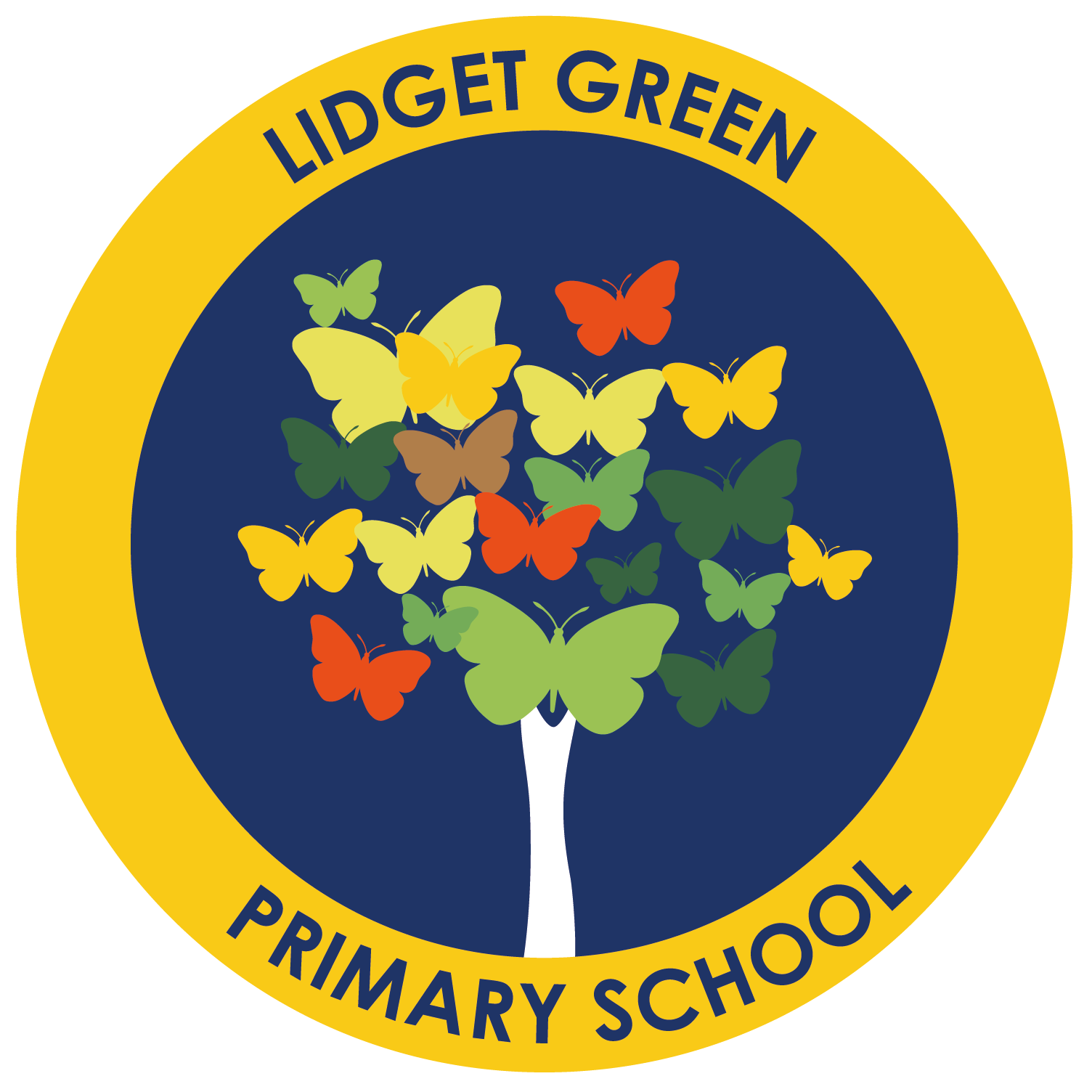Maths
At Lidget Green, we believe that mathematics is a fundamental part of the language we use to make sense of the world around us. We want to teach our children that mathematics empowers them so they can function in the numerate world and use their mathematical skills to enhance their experience and solve problems.
Our mastery approach to the subject will encourage and enable a mastery-level of understanding, which means the pupils here at Lidget Green will acquire a deep, long-term, secure and adaptable understanding of the subject, which will be the foundation for future learning.
INTENT
Our aim is to promote the love of learning maths by providing a range of exciting opportunities for developing important intellectual skills in problem solving, deductive and inductive reasoning, creative thinking and communication.
- Use a range of mental strategies and mental recall of facts, arithmetic strategies as well as formal and informal written calculations.
- Use the language of Mathematics to communicate their ideas and talk about Mathematical skills and concepts.
- To work co-operatively and to develop a positive and enthusiastic attitude towards mathematics.
- Explore, investigate acquire and apply mathematical skills, concepts and understanding.
- Understand the ways in which information is gathered by counting, measuring and how it is presented in graphs, diagrams, charts and tables.
- Solve problems in a range of meaningful real-life contexts including other curriculum areas.
Implementation
When planning for mathematics, all class teachers will:
- Focus on the curriculum objectives in their year groups in order to consolidate learning, to develop the children with fluency in the fundamentals of mathematics, begin reasoning mathematically and to solve problems.
- Be responsible for drawing up and evaluating the weekly plans for delivery of the daily Mathematics lessons. These plans will be saved onto the shared drive into the correct files by individual teachers and can be monitored by the SLT, Assessment leader and the Mathematics leader. (Teachers should refer to the Maths Strategy Document for what a good lesson looks like)
- Be responsible for keeping formal and informal records. Formal records of a pupil’s achievement against the Curriculum Objectives will be kept as a permanent part of that pupil’s record and will follow them through school.
- Endeavour to motivate pupils, by using the Maths working walls effectively where relevant displays will be shared and where WAGOLLs of the steps to success and significant vocabulary will be visible.
Planning
Lessons are planned using the White Rose Maths Materials, which carefully sequence the National Curriculum objectives into smaller steps, providing extended opportunities to deepen learning through practice. Our expectation is that all children work on the same concept, and the majority of children progress at a similar pace. Using the ‘You do, we do, I do’ teaching approach allows constant back and forth dialogue and practise. Consequently, teachers can formatively assess and quickly identify and address misconceptions.
Teachers will work within their year groups to plan and deliver lessons that suit the particular learning styles of the children and implement the correct methods of calculation (see calculations policy). They will use their own judgement and formative assessment to ensure a flexible approach is adopted within the classroom. Individual, paired and group work will be used across a series of lessons.
Planning will demonstrate the various challenges available to children, together with AfL (Assessment for Learning) opportunities, speaking and listening and self/peer assessment and teacher assessment. Across a range of lessons children should be allowed to engage in mathematical discussion (think pair share or team huddles) investigations, problem solving, practical experiences and written methods, as well as allowing for time to demonstrate their understanding through gap/challenge tasks.
Children will be provided with feedback either verbally or through written marking. Often, in order to clarify understanding of a concept, children will be set gap/challenge tasks, but not for every lesson; these should be completed by the children at the next earliest opportunity after the lesson. When marking work, teachers should adhere to the school’s Marking Policy.
Lesson Structure
- Flash back 4 for retrieval opportunities
- Bespoke revisit (Warm up) to revisit pupils’ prior learning done with you using short sharp exciting activities
- Teacher input - to accurately model the use of resources and the use of language and to make informed decisions on what is being taught and how
- Learning opportunities for the children – to provide experiences for the pupils to embed the learning from the lesson
- Plenary - to reflect on learning and provide feedback.
- Talk opportunities TPS, true or false etc.
- Adapted teaching and learning where required.
Early Years
In Nursery and Reception, developing a strong grounding in number is imperative so that all children develop the necessary building blocks to excel mathematically (Development Matters). The classes will also promote social skills and the development of mathematical language and understanding from which mastery of mathematics is built.
All adults working in Early Years will support children in developing their understanding of problem solving, reasoning and numeracy, planning a broad range of contexts in which they can explore, enjoy, learn, practise and talk about their developing understanding. They will provide opportunities for practice to develop children’s confidence and competence
Impact
Assessment in Mathematics takes place on a daily basis through a variety of different methods. These assessments will be used to inform teaching in a continuous cycle of planning, teaching and assessment.
- Daily marking of the children’s work will allow teachers to see if the children have understood the topic being covered (see marking policy).
- Teachers will annotate weekly lesson plans/Smart notebooks each day to inform the week's teaching.
- Children are tested using Test Base papers during assessment points 1, 2, and 3 (see monitoring timetable for dates).
- At the end of each assessment point, the class teacher will update the school’s tracking system (Arbor) to record the steps of their learning journey.
- The school’s tracking system and summative assessments will support teachers to identify target groups of children throughout the year to inform necessary intervention groups.
- Teachers will also draw upon their class record of attainment against key objectives and supplementary notes and knowledge about their class to produce a summative record. Accurate information will then be reported to parents and the child’s next teacher.


